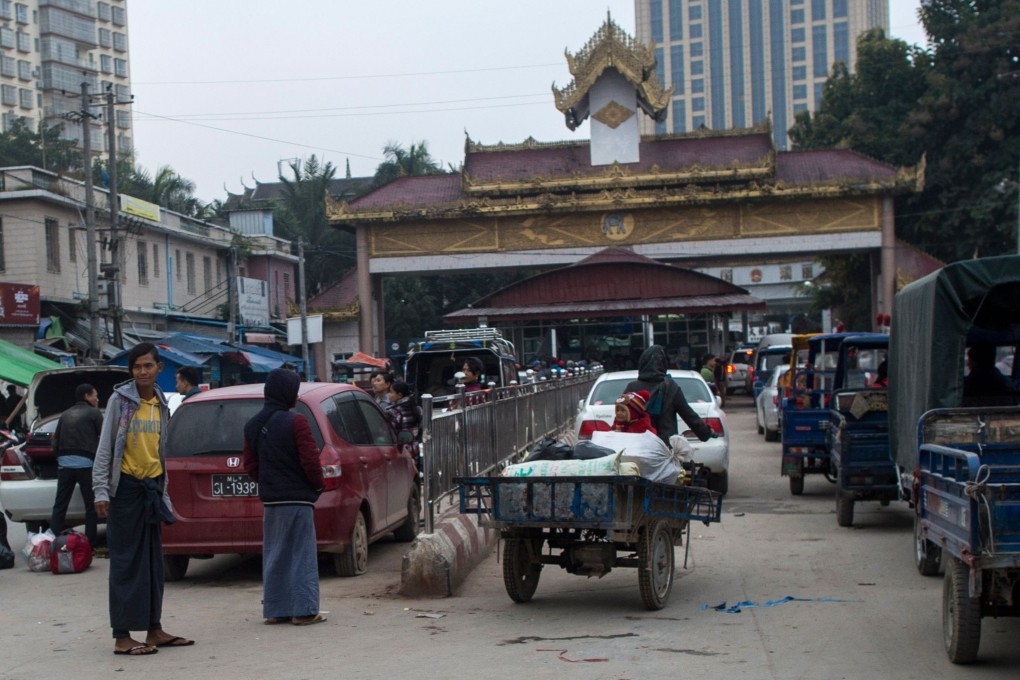Myanmar next stop in China-Japan rivalry as frontier market opens doors to yuan and yen payments
- Yuan and yen join the euro, the US Dollar and the Singaporean dollar as designated currencies for settling international trade in Myanmar
- Economic future of Southeast Asian country will be determined by the giants to the north, analyst says

Myanmar has officially permitted the use of the Chinese and Japanese currencies in cross-border payments, as the Asian giants vie for dominance in one of the region’s last frontier markets.
The directive means that the yuan and yen join the euro, the US Dollar and the Singaporean dollar as designated currencies for settling international trade in Myanmar, where the central bank is desperate for foreign investment after years of economic sanctions and financial mismanagement.
China, which shares a 2,200km (1,360-mile) border with Myanmar, has been keen to draw its southern neighbour into the “Belt and Road Initiative”, Chinese President Xi Jinping’s grand infrastructure plan for Eurasia.
China is Myanmar’s biggest trading partner, with bilateral trade topping US$700 million last year, according to Myanmar’s Ministry of Commerce.
Japan is also a big trade and investment partner, with Japanese companies maintaining a steady presence in the country since the end of British colonial rule in the 1940s, right through its economic isolation due to Western sanctions from 2003.
With the United States reimposing sanctions last year, due to the treatment of the Rohingya Muslim minority in Rakhine state, Myanmar is back in the financial wilderness, frozen out of international capital markets yet again.